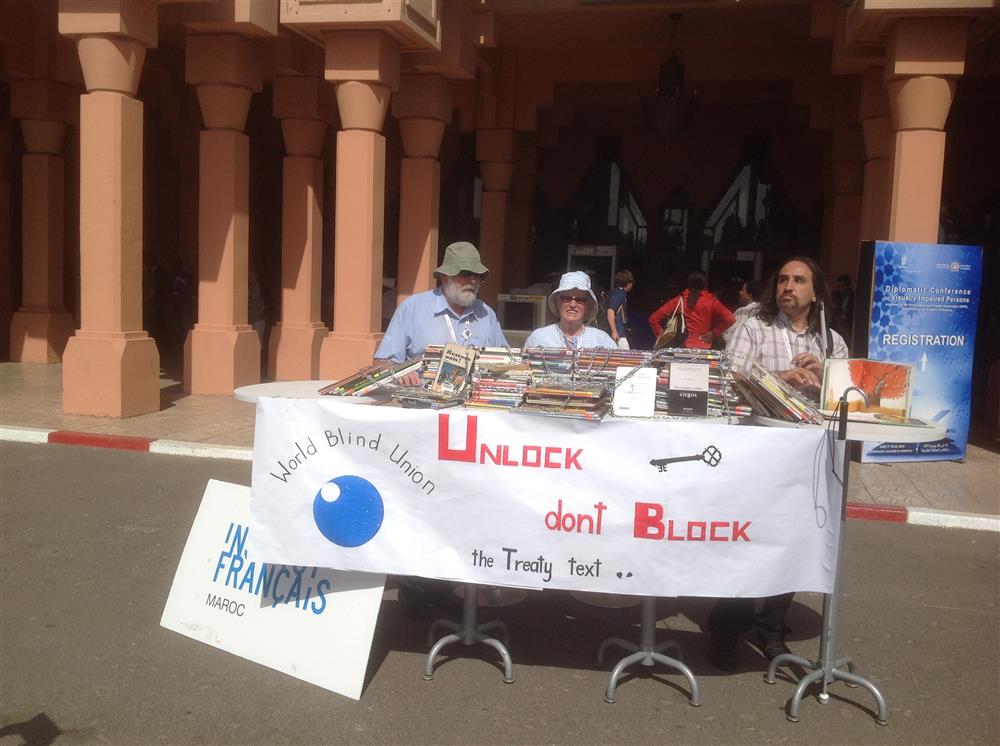Allowing for copyright exceptions to make books accessible for the blind
- Solution
- Canada – WBU and World Intellectual Property Organization – Marrakesh Treaty
- Organization
- WBU - World Blind Union
- Country of Implementation
- Canada
- Region
- North America
- Start Year
- 2014
- First published
- 31.01.2019

Solution details
People
Working with the World Intellectual Property Organization (WIPO), the World Blind Union (WBU) led a campaign to address what it calls a “book famine” – that is, the lack of accessible printed materials globally. Joining with like-minded stakeholders, the WBU drafted a treaty that would eventually be submitted to WIPO and become the Marrakesh Treaty in June 2013. The treaty allows for copyright exceptions to facilitate the creation of accessible versions of books and other copyrighted works for persons with visual impairments and print disabilities. As of late 2017, 33 countries have ratified the treaty and now allow copyright exceptions and some members are already transferring accessible books across borders, particularly Canada and Australia.
Problems Targeted
According to WIPO, less than 10 per cent of printed materials are available in accessible formats in developed countries and less than 1 per cent in developing countries. Current copyright laws in the majority of countries do not allow for the unrestricted reproduction of published materials into accessible formats to benefit blind and print-disabled people, or for cross-border sharing of materials – for example, sharing by large accessible libraries with organizations that may not have the resources or the technology to reproduce accessible materials.
Funding, Outlook and Transferability
The campaign is working to implement the treaty in all countries, especially the 173 countries that are party to the UN CRPD. WBU’s Marrakesh Treaty Campaign is funded in large part by the Open Society Foundations (OSF), an international grant-making group supported by the philanthropist George Soros. That funding includes money allocated to regional projects, allowing for the six WBU regions (Asia, Asia-Pacific, Europe, Africa, North America/Caribbean, and Latin America) to implement their own campaigns. OSF also funded the Guide to the Marrakesh Treaty, published by Oxford University Press and made available in accessible formats and other languages on the WBU website.
Media
Related information
- Connections
- 1
-
Organization